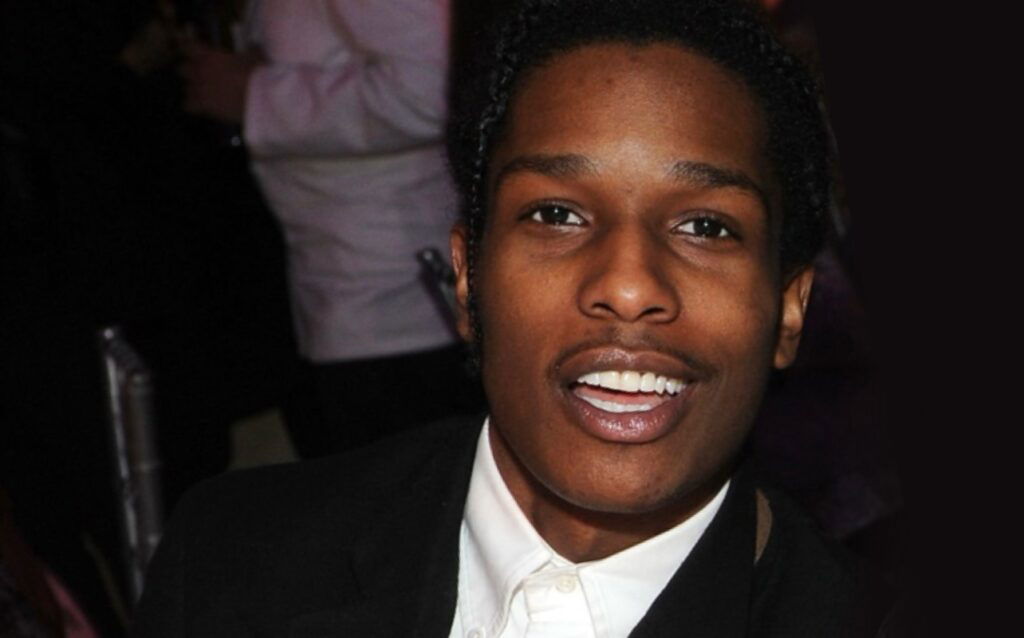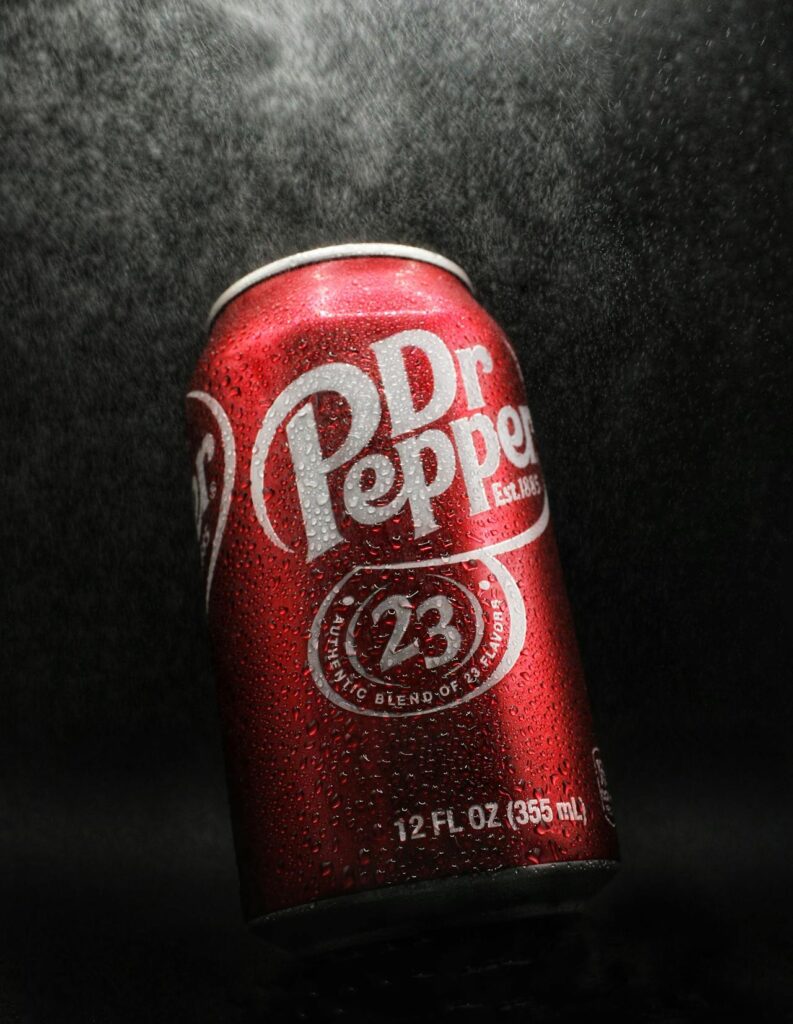Some people fear heights or spiders, but a recent survey unveiled a common new fear among Americans: not being able to pay bills. According to a new CNN poll, 4 in 10 (39%) U.S. adults share an almost constant concern that their income will not cover expenses. Similarly, 46% of Black Americans report being worried about their finances almost all of the time.
Over the last few years, inflation has trickled its way into almost every industry. As consumers experience skyrocketing price tags on daily necessities like gas and groceries, the Bureau of Labor Statistics found prices increased by 3% year-over-year in July, per CNN. While experts see this as an improvement to the 9% inflation rate Americans saw in 2022, the average consumer is not seeing the benefits of inflation cooling down.
“We can talk all day about how inflation is moderating, but the cumulative impact of several years’ worth of inflation has done a number on household budgets,” Greg McBride, chief financial analyst at Bankrate, told CNN. “The view from 35,000 feet is unemployment is low, the economy is growing and people are spending money. The reality on the ground is moderating inflation doesn’t mean prices are coming down, just that they aren’t going up as fast.”
Recommended Stories
As McBride noted, earlier this year, the White House celebrated the decreased unemployment rate, especially within the Black community, as it reached a record low of 4.8%. However, these small victories seem to be overshadowed by years of high consumer prices for the average American, as 65% of adults told the survey that the cost of living is their family’s most significant economic concern. These feelings are exceptionally prominent for the majority of those making $50,000 annually.
“The grocery store is just outrageous right now. But it’s not just that. Everything has gone up. Clothing. My insurance,” Angela Russell, an Ohio resident, told CNN. “…Literally everything seems like it’s outpacing what I earn.”
In an effort to stay afloat, many Americans have turned to “side hustles.” From part-time jobs to food deliveries and rideshares, 35% of adults and 44% of Black Americans reported taking on extra work to cover the cost of living. Meanwhile, others, including Russell, reported adjusting their spending habits; 68% of survey respondents shared changing their approach to grocery shopping, and 69% cut down on discretionary spending and entertainment.
McBride added, “Many have seen their buying power eroded. Even if your income has kept up with prices, you’re just treading water.”




